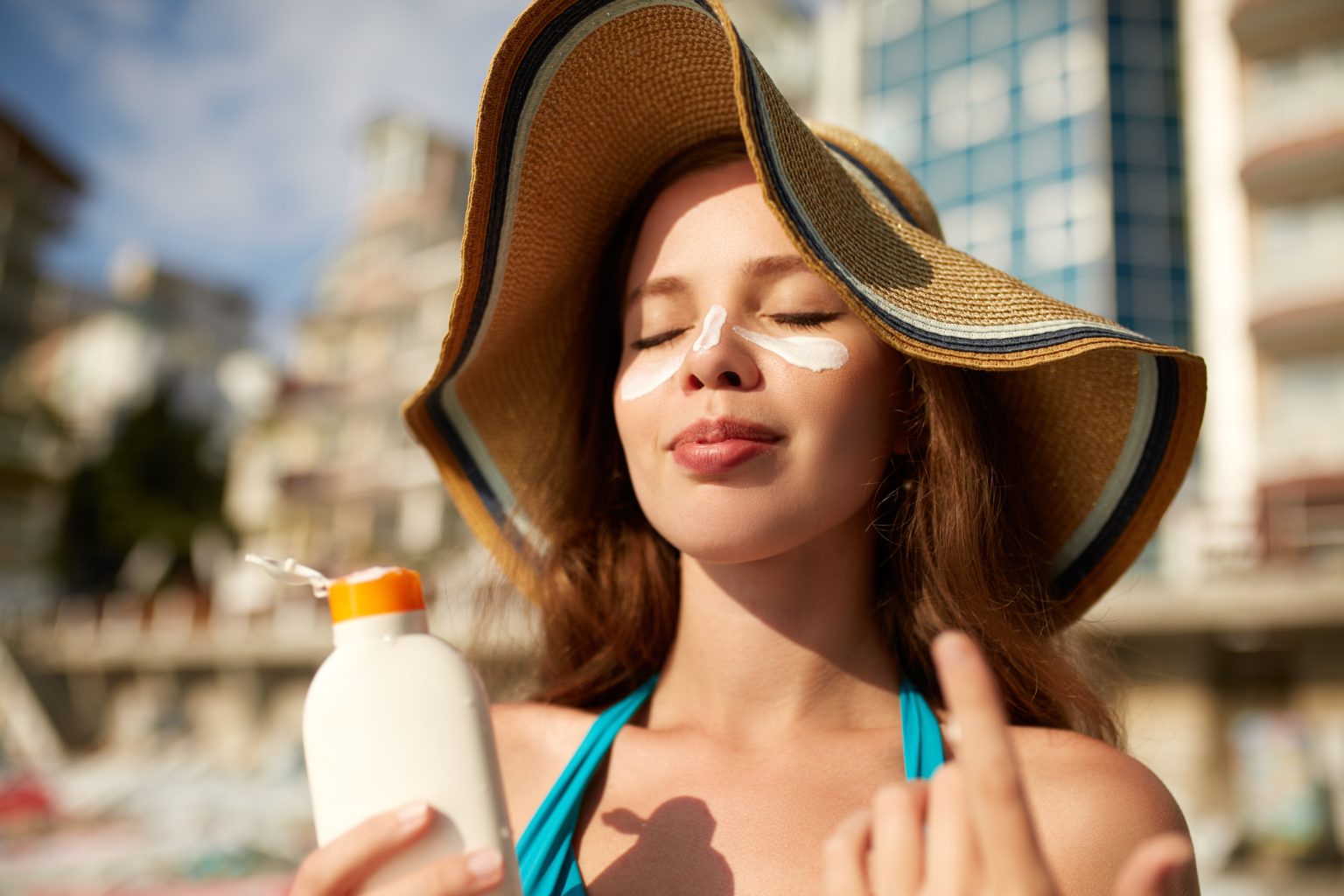Doctors are warning of dangerous sun protection myths circulating on social media, such as the belief that daily sunscreen use is more harmful than direct sun exposure. Skin cancer is the most common form of cancer in the United States, with melanoma being the most deadly. Rates of melanoma have been increasing since 1999, especially among young adults aged 25 to 39. Despite the risks of UV radiation, only a small percentage of people wear sunscreen when outdoors for extended periods.
The main concern with sunscreen use seems to be how it feels on the skin, especially for those with oily skin or concerns about certain chemical ingredients. However, the benefits of sunscreen in preventing skin cancer far outweigh any downsides. Zinc oxide and titanium oxide are considered safe and effective sunscreen ingredients, while others such as avobenzone, oxybenzone, and homosalate have not been granted the same status due to insufficient data. Mineral-based sunscreens without these chemicals are readily available for those concerned.
The misinformation around sun protection on social media is leading young adults to believe dangerous myths, such as drinking water to prevent sunburn. Doctor Rajesh Nair of the Orlando Health Cancer Institute emphasizes the importance of sunscreen application and reapplication, as well as using SPF 30 or above, water-resistant sunscreen that protects against both UVA and UVB rays. While outdoor activity has numerous health benefits, it is crucial to protect the skin from UV radiation to prevent potentially life-threatening skin cancers.
Nair also recommends covering up with clothing and a hat to reduce sun exposure, and avoiding tanning beds altogether. Despite the concerns about certain sunscreen ingredients, the risks of not wearing sunscreen far outweigh any perceived downsides. The key message is that sun protection can be lifesaving, and the most effective way to protect oneself from the negative effects of UV radiation on the skin is to limit exposure and use proper sun protection measures. By dispelling myths and misinformation surrounding sun protection, individuals can take proactive steps to reduce their risk of skin cancer.















